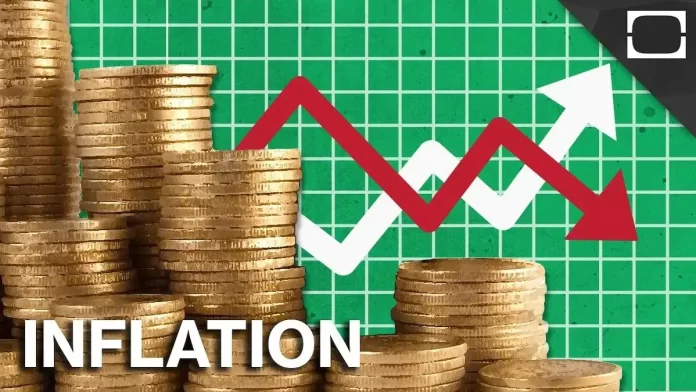Kenya National Bureau of Statistics (KNBS) data showed that inflation rose from 6.7% in August 2023 to 6.8% in September 2023. The slight increase resulted from a 13.1% and 7.9% rise in fuel and food prices, respectively. Prices of non-food items and non-fuel rose by 3.7%, driving September inflation up to 1%.Kenyans continue to grapple with rising food and fuel prices, resulting in a fresh rise in inflation in the month of September as shown by the data collected by the Kenya National Bureau of Statistics (KNBS) and Central Bank of Kenya (CBK).

The 0.1% slight increase came about from food prices, which remained relatively high and the rising fuel prices. Prices of Irish potatoes, cabbages and sukuma wiki rose by 26.1%, 10.1% and 4.7%, respectively. Pump prices increased by 36.6% for a litre of kerosene, 21.6% for diesel, 17.9% for petrol and 39.5% for electricity. KNBS reported a monthly inflation rate of 1% for the month of September 2023. “The rise in annual inflation was mainly due to an increase in prices of commodities ranging from food, non-food, fuel and non-fuel,” read KNBS report.
However, some commodities like cooking oil, maize grain, maize flour and cooking gas reported a drop of 16.6%, 5.6%, 7.1% and 10%, respectively. 2kg of maize flour was retailing at between KSh 160 and KSh 180, depending on the brand as cooking gas refill dropped to KSh 900 per 6kg cylinder and 2,600 for a 13kg cylinder.
The prices of cooking oil (salad) decreased by 1.2%, fortified maize flour (6.1%), maize grains (8.2%), potatoes (3.5%), beans (1.3%) and cabbages (2.6%) For the non-food items, only the 13kg cooking gas recorded a reduction in prices by 2.8% after the government slashed levies on Liquefied Petroleum Gas (LPG).
KNBS says the Housing, water, electricity, gas, and other fuels index increased by 1.4pc between August 2023 and September 2023.
“This is mainly due to an increase in the prices of Kerosene by 19.4pc, during the review period. However, prices of electricity of 200 kWh and 50 kWh dropped by 2.1pc and 2.5pc respectively, between August 2023 and September 2023,” read the report.
According to the KNBS data, the transport index went up by 3.5pc between August 2023 and September 2023.
This comes days after the Kenya Institute for Public Policy Research and Analysis (KIPPRA) stated that low-income Kenyans have been hit hardest by high inflation.
The agency says low-income households, who spend about 60% of their income on food bear a heavy burden anytime food prices go up, then the cost of living increases.





